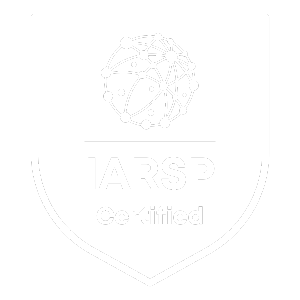Pay Per Click (PPC) for small businesses is one of the most cost-effective ways to get your website noticed. Depending on your type of business, people who search and click on ads are more likely to buy now or in the near future. You only pay for these ads if someone clicks through to your site, meaning that there is no wastage in terms of outgoings, as people who are not interested in your business, will not click through.
To remain top-of-mind and ahead of your competition, you absolutely need to be on the first page of search engines. Entrepreneurs who choose for ‘paid search’ to market their business are taking the fast route to gain more leads, more customers, more conversions. SEO is also effective to get your website on the first page of search results using the correct keywords, although this takes more time.
PPC ads can ensure your company is at the top of the search results page, almost immediately. Here is how:
Choose the best PPC Platform for your business:
Today, there are many platforms that now offer pay per click advertising to small businesses and start-ups, with Google AdWords being the most popular choice. However, when selecting the right platform, you need to research and see how your business is performing on the metrics.
At the end of the day, Google is the most used PPC advertising platform as hundreds and thousands of searches are performed daily. Google users seldom go past the first page of the search engine’s results, so it is vital that your business appears there, should you wish to have exposure.
- Google – Google is by far the most popular search engine and PPC ad platform option
- Bing – is the second-most-used search engine, Bing ads cost less than Google ads and appear on the Yahoo search engine too
- Facebook – As a social media platform for paid campaigns, Facebook is very popular
- Twitter – Twitter can be a useful tool to promote deals and share content in as few as 160 characters
- Instagram – If a business can get a message across using visuals, Instagram is a great platform for a PPC campaign
Develop your strategy:
After setting up and publishing your PPC campaign, your ads will appear at the top and bottom of the web page (depending on how much you bid on that particular keyword).
The big advantage of PPC is that you can literally attract instant targeted web traffic to your website, as long as you have a competitive bid strategy for your keywords.
We suggest you pick the best and most relevant keywords for your target audience. The key to a good PPC campaign is to use your full understanding of your target audience to pick relevant keywords and phrases that would more than likely reach them.
Do your keyword research:
PPC ad campaigns depend on your keywords to produce positive results, so selecting the best keywords is integral to the success of the PPC campaign.
Be as specific as possible with the keywords you target in your PPC campaigns. Another fantastic way to maximize your small business PPC budget is to geo-target all your ads. So instead of just mentioning the city you’re located in, use specific neighbourhoods, where relevant of course.
Algorithms use these keywords to expose your ads to audiences.
So, how do you find the best keywords?
Research them! Try a variety of keywords that determine the optimal keywords for your campaign. Try a keyword research tool such as Google Keyword Planner or SEMrush to guide you.
Finally, don’t overload your keywords. Make sure that you create ad groups that have specific themes. The goal should be to have ads that are relevant to those keywords only.
Work out your conversion goals:
Make sure you have your conversion goals worked out before completing your keyword research and your final ad copy.
You want PPC customers to do something specific, so get creative about how you go about getting a conversion! Many times, PPC ads have no clear call to action, which is pointless advertising. Keep it simple. Short and sweet is the best way to keep a prospective customer interested.
Some good conversion goals include:
- Filling out a landing page form
- A phone call
- An online purchase
- Subscribing to a newsletter email
Monitor your results:
For any successful campaign, you must monitor your results. Monitoring your analytics can assist you in adjusting and improving your ads. As you continue to tweak your strategy based on your learnings, your campaigns will become more effective and generate positive results for your business.
Hire a professional:
Managing PPC campaigns isn’t always easy, and especially for a newbie, running ads can be downright confusing. If you simply don’t have the time to do it on your own, hiring a digital marketing agency to assist you with the creation and management of your paid ads, is the best way to achieve your marketing goals.
Conclusion:
As we mentioned in the beginning, Pay Per Click (PPC) for small businesses is one of the most cost-effective ways to get your website in front of relevant target audiences. With these six tips, we know that through PPC ad campaigns, your business will flourish and gain traction like never before!
We are on-hand to create and manage your PPC campaigns, so do get in touch.







